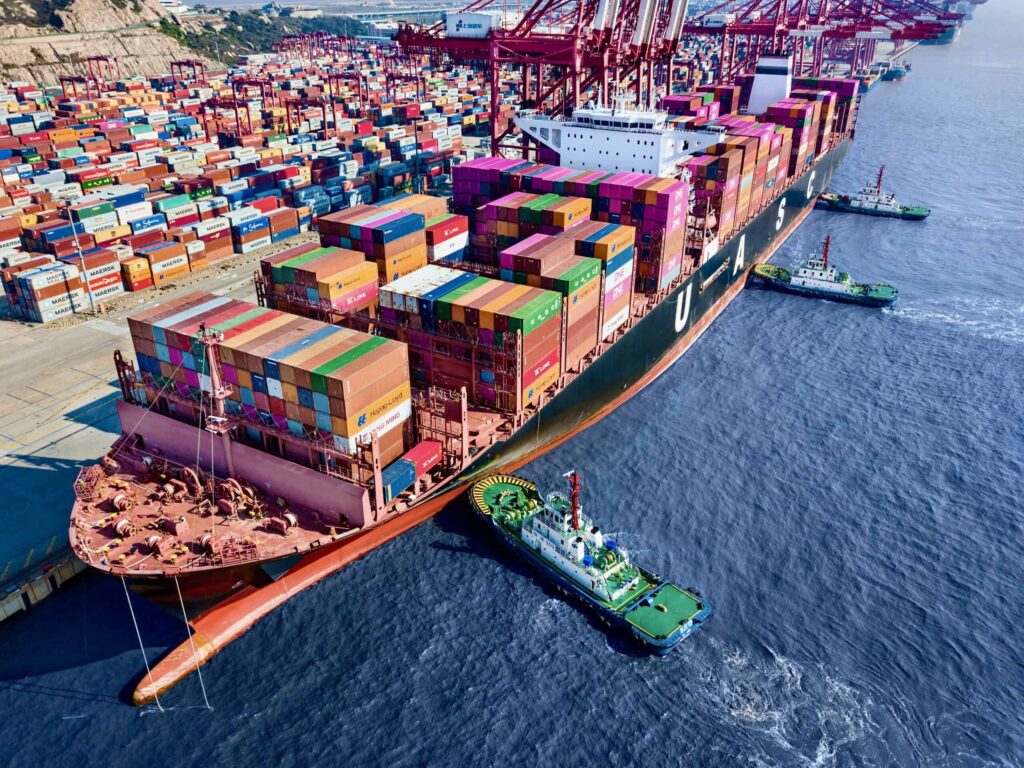Among the trade deals reached between President Trump and China’s President Xi Jinping on Thursday, was an agreement that both sides would suspend their reciprocal port fees for a year, although neither side has confirmed the deal in writing. The dueling fees on each other’s ships had disrupted maritime trade and boosted freight costs for both countries. The one-year suspension is expected to provide relief worth an estimated $3.2 billion annually for large Chinese-built vessels operating to and from U.S. ports.
The decision has been welcomed by the shipping industry. The World Shipping Council told the South China Morning Post it is “very encouraged” to hear the news and is looking forward to more specific details. “Global trade flows best when it flows freely, and a suspension of ship fees by the United States and China is a win for farmers, exporters and consumers. Avoiding additional costs helps keep trade competitive and maintains access to critical shipping lanes,” the Washington-headquartered trade association representing the international liner shipping industry said by email.
The fees reportedly have cost major ship operators, including China-owned COSCO and U.S.-based Matson, millions of dollars and disrupted vessel schedules, driving up shipping expenses that eventually will be borne by consumers, maritime experts told Reuters News Service. Singapore-based shipping firm High-Trend International Group said in a press release that the move removes a long-standing cost burden and uncertainty that had affected its logistics and carbon-neutral initiatives. The company added that it would lower shipping costs, improve cash flow, and strengthen investor confidence. The biggest concern in the shipping industry is the temporary nature of the deal.







